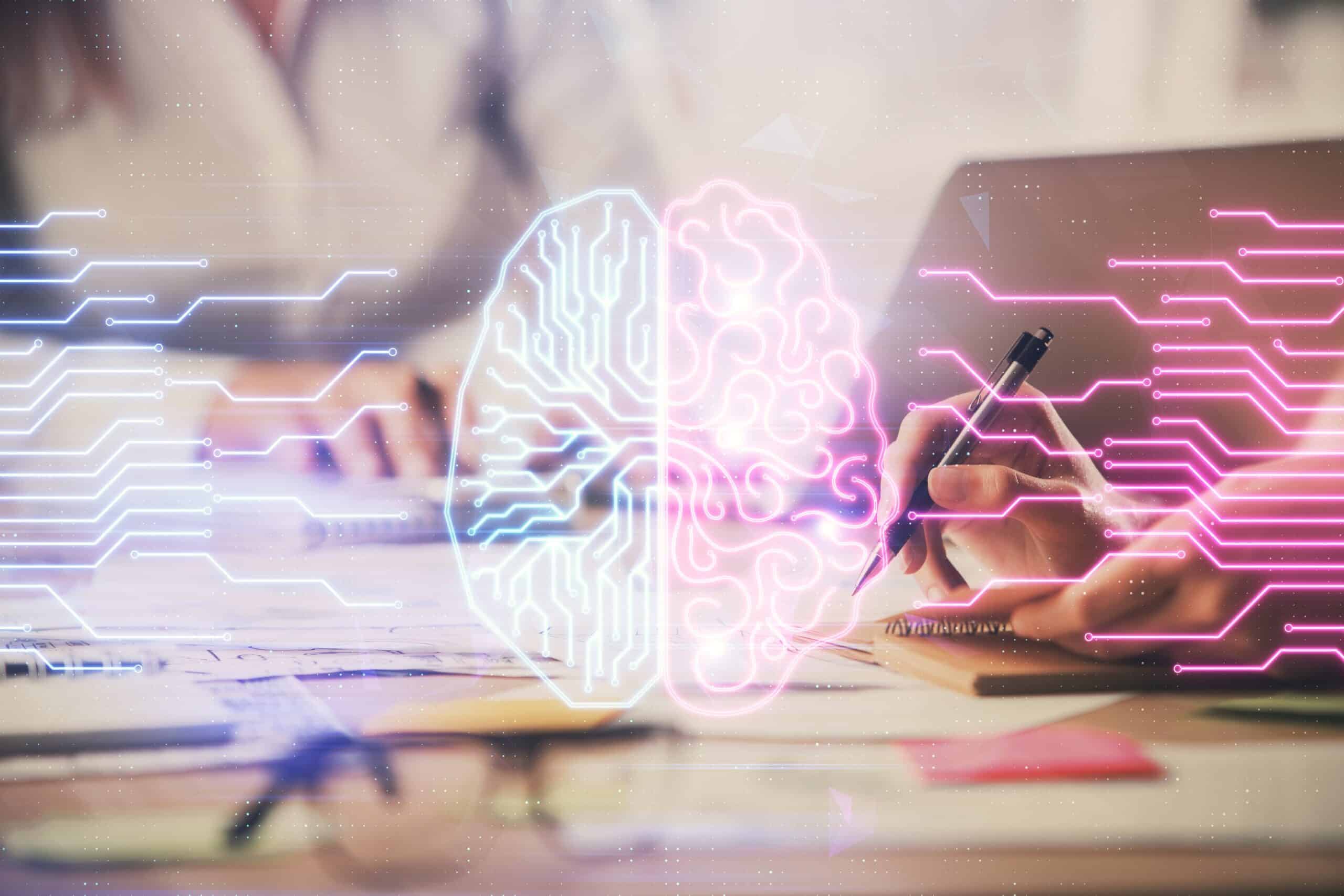theteam@theeducationhub.org.nz
Postal Address
The Education Hub
110 Carlton Gore Road,
Newmarket,
Auckland 1023

What is the science of learning? The science of learning is multidisciplinary field that draws on the fields of education, neuroscience, and psychology to take a scientific approach to better understand how people learn, the factors that affect learning, and the implications of that for teaching and learning, and for the design of learning technologies. It encompasses neuroscience, cognitive neuroscience, cognitive psychology, social psychology, clinical psychology, educational psychology and education research. These complementary lenses allow researchers to look at learning from the perspective of different disciplines with different philosophical and ontological backgrounds, and bring insights together to understand what learning looks like, what factors influence learning in different contexts, and how this can be mobilised for schools and training. It sheds light on the complexity of learning and the complexity of teaching, while maintaining a focus on application for real-world practice.
What are the conditions for learning that teachers need to create in the classroom? Scientists tend to study learning in terms of individual constructs or mechanisms (such as attention, memory, and cognitive load), which makes them easier to investigate and understand, but teachers need to understand how all those constructs come together. In order for all those mechanisms to be optimised, classrooms need to be environments which are psychologically safe, where students can take risks, ask questions, and express uncertainty. Research in the science of learning has demonstrated that when we feel connected to others in a learning context, it supports learning, so relationships are fundamental in classroom settings as the foundation for engaging the cognitive aspects of learning.
Attention and memory are essential to learning across the lifespan. Memory includes the recall of information, and the retrieval of knowledge and skills, but it can also include individual, autobiographical memory, which plays a role in the way learners engage with the learning experience. Attention is also key and there is a lot of research on how to optimise attention without overloading it. For example, research demonstrates that multi-tasking is not actually something that we are cognitively capable of – what we are actually doing is rapidly switching our attention between tasks, which then compromises our ability to store information in long-term memory. What is important is the learner’s ability to monitor their own attention and memory as they’re learning, so explicitly teaching and supporting students to develop metacognitive and self-regulatory strategies is highly valuable. For example, can students learn to minimise distractions and the temptation to multi-task while they are learning by closing all the unnecessary tabs on their browsers? It is helpful to build students’ knowledge and awareness of what is going on during the learning process, why it’s important to monitor their attention and their ability to remember and retrieve information, and what strategies they can use.
There is a lot of structural and functional change happening within the brain during adolescence, due to both underlying biological processes and what is going on in the environment. During this time of brain development, pathways are consolidated through repetition, exposure, and feedback, which is important both for building knowledge and for developing metacognitive, self-regulatory learning strategies.
Explicit instruction involves the teacher being conscious about what they are teaching students, and then reducing scaffolding over time in order to give more responsibility to students as they build their knowledge and procedural understanding. The decisions around which science of learning-informed strategies and approaches to use rests with the individual teacher and their knowledge of their students and their context. It is also essential to critically reflect on what worked, when, and why. A key skill for teachers to develop is how to adapt their pedagogical strategies to the needs of students at the time, and where they are at in their learning. It can be helpful to think about where students are in the pathway from novice to learning in whatever is being taught and learned, although be aware that learning is not necessarily always linear, and can be quite iterative.
References
Below are listed the resources referred to in the webinar:
Hays, R.T. (2006). The Science of Learning: A Systems Theory Perspective. Universal Publishers.
Immordino-Yang, M. H. (2015). Emotions, Learning, and the Brain. W. W. Norton & Co.
Learning trajectory – from shallow to deep to transfer – an Education Hub webinar with Jared Cooney Horvath.
The Science of Learning Development Alliance
UNESCO Global Alliance on the Science of Learning for Education